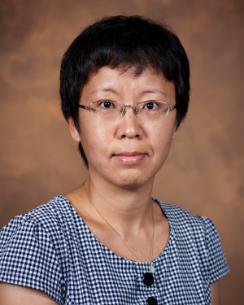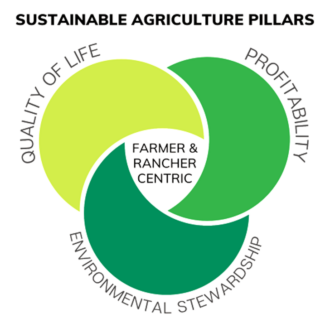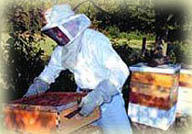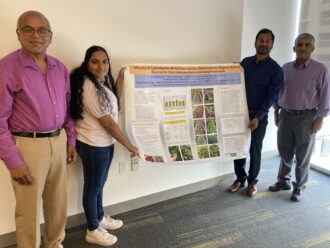Decentralizing Seed Saving for a More Robust Regional Food System

The COVID-19 pandemic exposed the fragility of centralized seed sourcing, leaving many farmers to struggle to secure needed product.
Working Food, a nonprofit in Gainesville, FL, is encouraging farmers to save and share seed to decrease dependence on external seed sources and strengthen local food systems.
Through a $41,000 Education Grant, Working Food conducted field-based learning and developed a plethora of educational resources on seed saving to build capacity and inspiration of emerging seed growers to become long term seed stewards, while creating awareness and support from the general public about the importance of local food grown from local seed.
Working Food developed the following seed saving resources:
A guide to the “8 Easy Seeds to Save in North Florida”;
An activity guide for youth as they visit farms;
Guides to saving seeds for winter squash, peppers, and tomatoes;
A manual for seed drying and storage in hot and humid climates;
Siembra and Nicoya Farms visit videos on the importance of seed saving;
Seed processing videos available in both Part I and Part II;
A fact sheet on producing and saving open-pollinated seeds in North Florida;
All of the resources are available on the website, “Seed Saving Resources for Florida Growers.”
Seed is often seen as inexpensive, readily available, and easier to purchase than to produce, so few farmers save their own. However, seed is one of the most essential inputs for farming and when seed companies struggle to meet demand, that leaves growers without critical supplies,” said Melissa DeSa, Working Food Community Programs Director. “What if, instead, we had decentralized seed networks—resilient systems rooted in a diversity of farmers saving and sharing locally adapted seed, supported by communities that understand that local food depends on local seed?” Through the grant, Working Food leveraged partnerships with local farmers, community organizations, and University of Florida researchers to advance the concept of a "farm-to-community seed network." They identified suitable crops, developed best practices for integrating seed production into market farming, and strengthened the foundation for a regional seed network.
The outcomes of the project build on the idea that seed is a shared, living resource that must be tailored to, and stewarded by the needs of local growers.
State Contacts
SARE State Coordinators are vital for expanding sustainable agriculture training for Extension, NRCS, and other agricultural professionals, who will then help producers transition to a more sustainable agriculture.
SARE IN FLORIDA
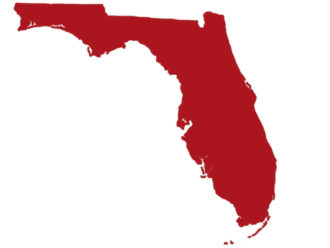
The Florida SARE program is facilitated through a joint collaboration between the University of Florida and Florida Agricultural and Mechanical University. We work together to deliver a program that enhances the environmental, social, and economic sustainability of the state through research and education. Florida SARE partners with researchers, extension faculty, producers, and community organizations to research and implement the best science-based practices available in all aspects of Florida’s agricultural system. In addition to research, SARE is dedicated to providing education in sustainable agriculture through various trainings offered each year.
Recent News From Florida
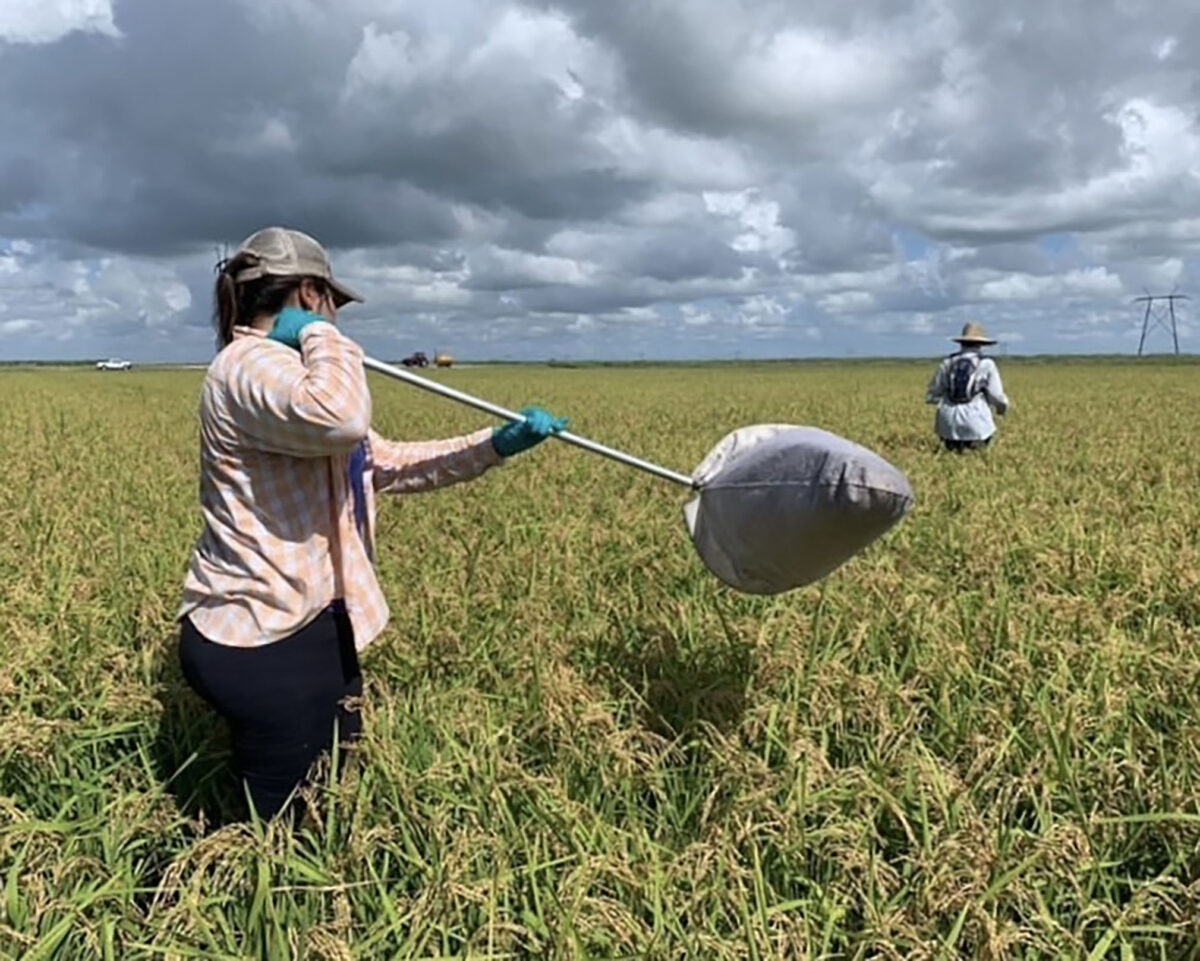
Graduate Student Sustainable Agriculture Projects for FY2025 Announced
GRIFFIN, Georgia – The Southern Sustainable Agriculture Research & Education (SSARE) program has announced the funded projects for the 2025 Graduate Student Grants program. The SSARE Administrative Council recently funded 18 projects totaling $386,238. The Graduate Student Grants program is one of the few sustainable agriculture research funding opportunities open to Master’s and PhD students […]


